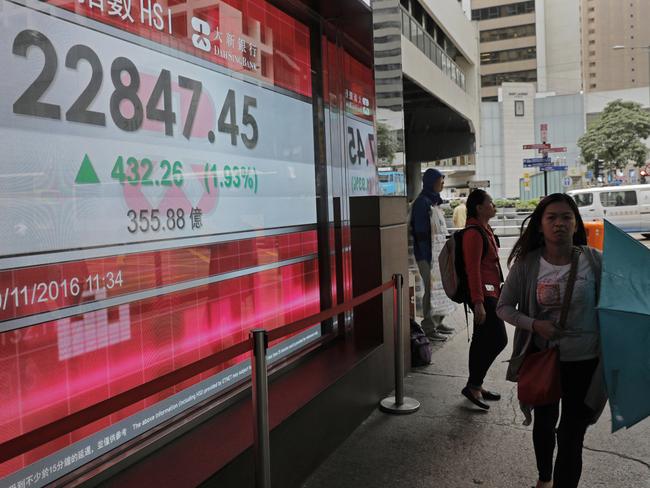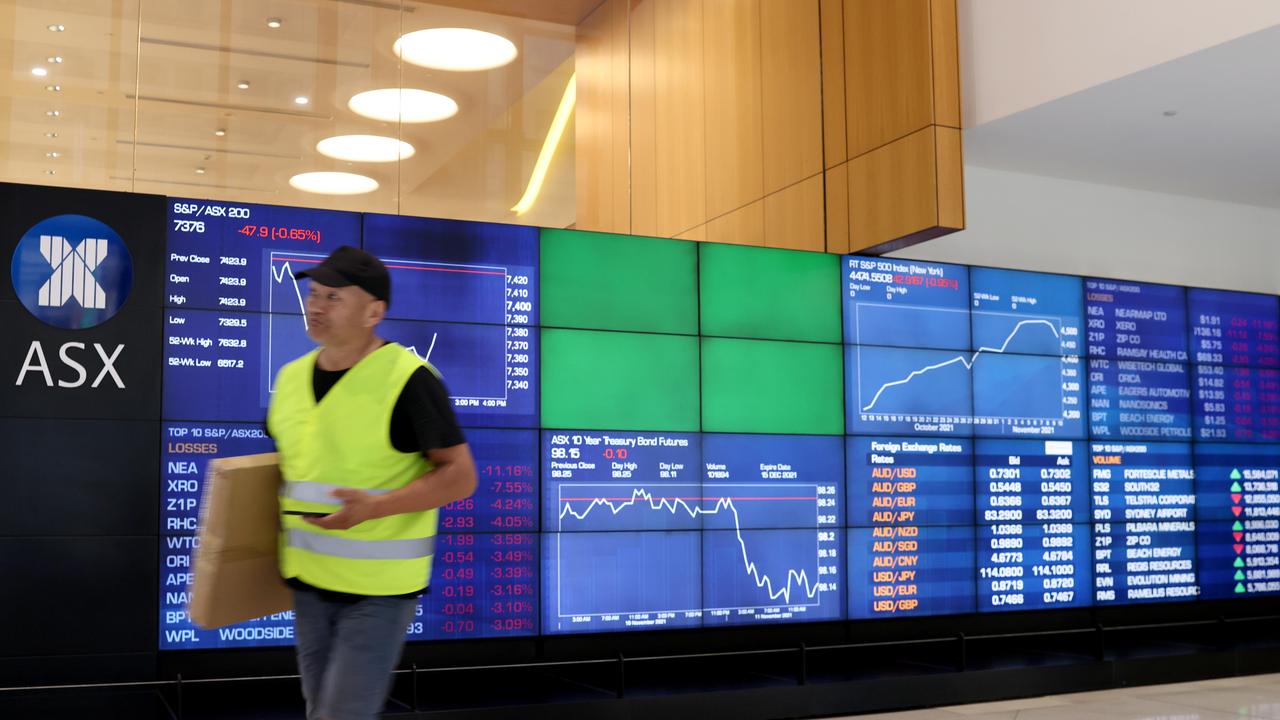Shock election of Donald Trump could drive up demand for Aussie houses
A TRUMP presidency may make Australian real estate look like a safer investment on a global stage.
THE Trump effect knows no boundaries.
Following the surprise victory of Donald Trump in the US presidential election this week, the entire world was left shocked and scrambling to understand what a Trump presidency means. And it seems that not even the Australian property market can escape its reach.
INVESTORS TO EYE AUSTRALIA
With the backlash and uncertainty surrounding the 45th President of the United States, many commentators are suggesting that the Australian property market could see a boost in demand from foreign investors, who will now view Australia as a safer investment.
“For Australia, the fallout from the election result is all about confidence and sentiment. Buying, selling, investing and consuming are all driven by confidence. The more confident you are with the security of your own income and the destination into which you want to invest, the more you are likely to do so,” LJ Hooker head of research Mathew Tiller said.
“Therefore, the short term may see investors hold off investing anywhere until things are more certain, however, at the end of the day this result makes Australia a more attractive, secure and less risky destination for global capital.”
This could particularly be the case for Chinese nationals, who are big investors in foreign real estate.

Ren Wong, CEO of ASX-listed financial and property services group, N1 Holdings, said a Trump presidency will have an impact on Chinese sentiment.
N1 has a strong and broad Chinese client base and launched Australia’s first Chinese language mortgage comparison website, www.chengdai.com.au in 2015.
“The feedback that we are getting is that they are concerned with what impact a Trump administration will have on Asian investment. Mr Trump has previously stated he would increase tariffs on goods imported from China to 45 per cent. He has stated he would tighten trade agreements. This creates uncertainty for all investors who are looking to invest in the US,” Mr Wong told news.com.au.
As a result, Australia is likely to attract those investors thinking twice about the US.
“Australia is seen as a very stable country with stable, government and regulations. It is geographically close to Asia and is seen as part of Pacific Asia, a regional neighbour,” Mr Wong said.
“So yes, N1 does expect an increase in Chinese and Asian investment into Australia as a result of the election but it’s hard to predict the magnitude and scale. Regardless of the election result Australia has always been the investment hotspot for Chinese anyway.”
According to international Chinese property portal, Juwai.com, the US is the top destination for Chinese buyers using the site, with industry estimates suggesting it accounts for at least double the investment that Australia receives as the second most popular destination.
Shane Oliver, AMP Capital Chief Economist, told news.com.au that the outcome of the election is likely to see Chinese interest in Australian real estate rise.
“It is probably more significant than Brexit,” Mr Oliver said.
And it could push up house prices.
“The problem is that anything that adds to demand in an already hot market is a bit of a problem in the sense it pushes prices further into unaffordable territory for ordinary Australians,” he said.
However, Mr Oliver said any rise in demand — albeit a bigger impact than Brexit — would only be “relatively marginal” and would hit the market slowly.
“If you were thinking last week about buying in the US, you are probably still thinking about buying in the US,” Mr Oliver said.
“It will only come if there is clear evidence coming out of the US that [Chinese investors] are unwelcome there. It would take a while for their attitudes to change.”
What is more likely in the short-term is a boost in American investment.

“I suspect we will get an initial surge in interest from Americans looking to potentially relocate, but it will probably die down as people wait to see what happens. If they are then unhappy with what happens then it might surge again.”
NOTHING TO SEE HERE
Not everyone is as convinced. Charles Pittar, CEO of Juwai.com, said institutions and big corporates may hold back on investment in US property but family and individual investors — who make up the large majority of transactions by volume — are much less likely to care.
“We have to try not to project our own values onto the Chinese investor. I wouldn’t say the Trump win resonates as a big shock for the average Chinese property buyer,” Mr Pittar told news.com.au.
“If Trump does something that registers as truly unsettling to the Chinese international property buyer, that’s when we would see a shift of investment to Australia. We’ve done actual research on this, and so far most Chinese think of Trump as just another President.”
A survey of more than 500 mainland Chinese consumers, conducted by Juwai.com just prior to the election, asked which candidate they thought would most likely implement policies that benefit Chinese investors in United States real estate.
The results were fairly split down the middle — 54 per cent said Hillary Clinton and 46 per cent said Donald Trump — indicating that Chinese consumers are fairly nonchalant about the election.
The same can be said for US real estate agents who work with international buyers. The results from the more than 400 agents surveyed, showed 55 per cent believe Trump would champion more favourable policies while 45 per cent said Clinton would.
But what could impact Chinese investment is the negative reaction by international markets to the Trump win, rather than is the election itself.
“If the US dollar stays at very low levels, that could indeed drive a new wave of Chinese investment,” Mr Pittar said.
“If the new President or Congress does something that undermines faith in the US economy or significantly worsens the outlook, that could well reduce demand. But those are just hypotheticals at this point.”



